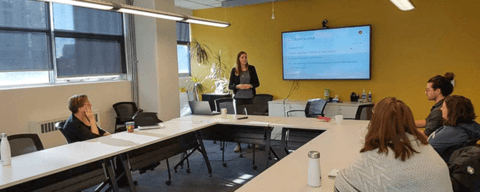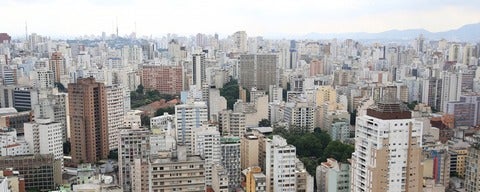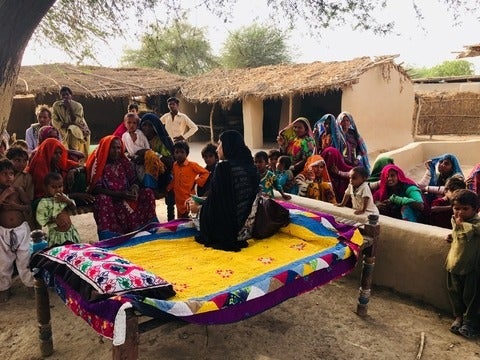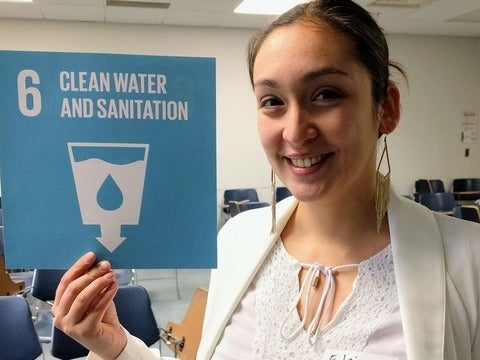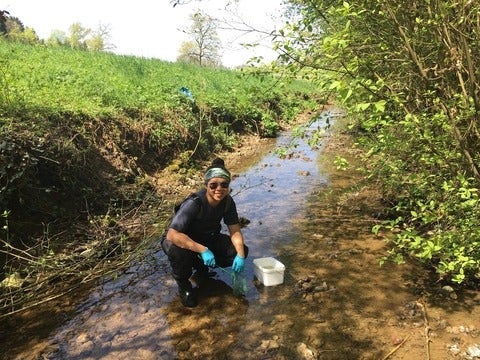University of Waterloo community celebrates World Water Day 2025
On March 22, the Water Institute marked World Water Day—an annual event bringing together students, researchers, and community members to reflect on our relationship with water. This year’s event aligned with the United Nations’ 2025 theme, Glacier Preservation, and featured insightful talks from distinguished speakers, a showcase of emerging research, and a special recognition of alumni driving change in water management.



